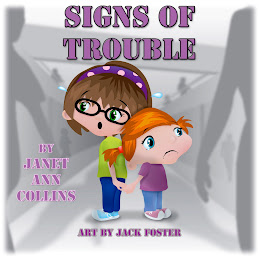As we sat there with him screaming a woman came along and informed me, "If you would spank your child when he misbehaves he wouldn't act like that."
A few minutes later another woman approached and informed me, "If you would stop abusing your child he wouldn't act like that."
Obviously neither of them knew what she was talking about.
If someone visited a person's home for the first time they wouldn't dream of telling them the living room looked ugly and suggesting a "better" way to decorate it, and very few people would be rude enough to tell an acquaintance their clothes or hair style looked terrible and suggest "improvements." But lots of folks seem to think it's okay, and maybe even virtuous, to give unrequested advice to others who are dealing with disabilities. I can't count the number of times I've been advised to consult an acupuncturist, try an herbal remedy, or confess my sins and trust God so I'd be healed.
That sort of thing happens less frequently to people with visible disabilities, but it does sometimes happen even to them.
I hope everyone reading this blog knows there are times when it's best to Mind Your Own Business.



No comments:
Post a Comment